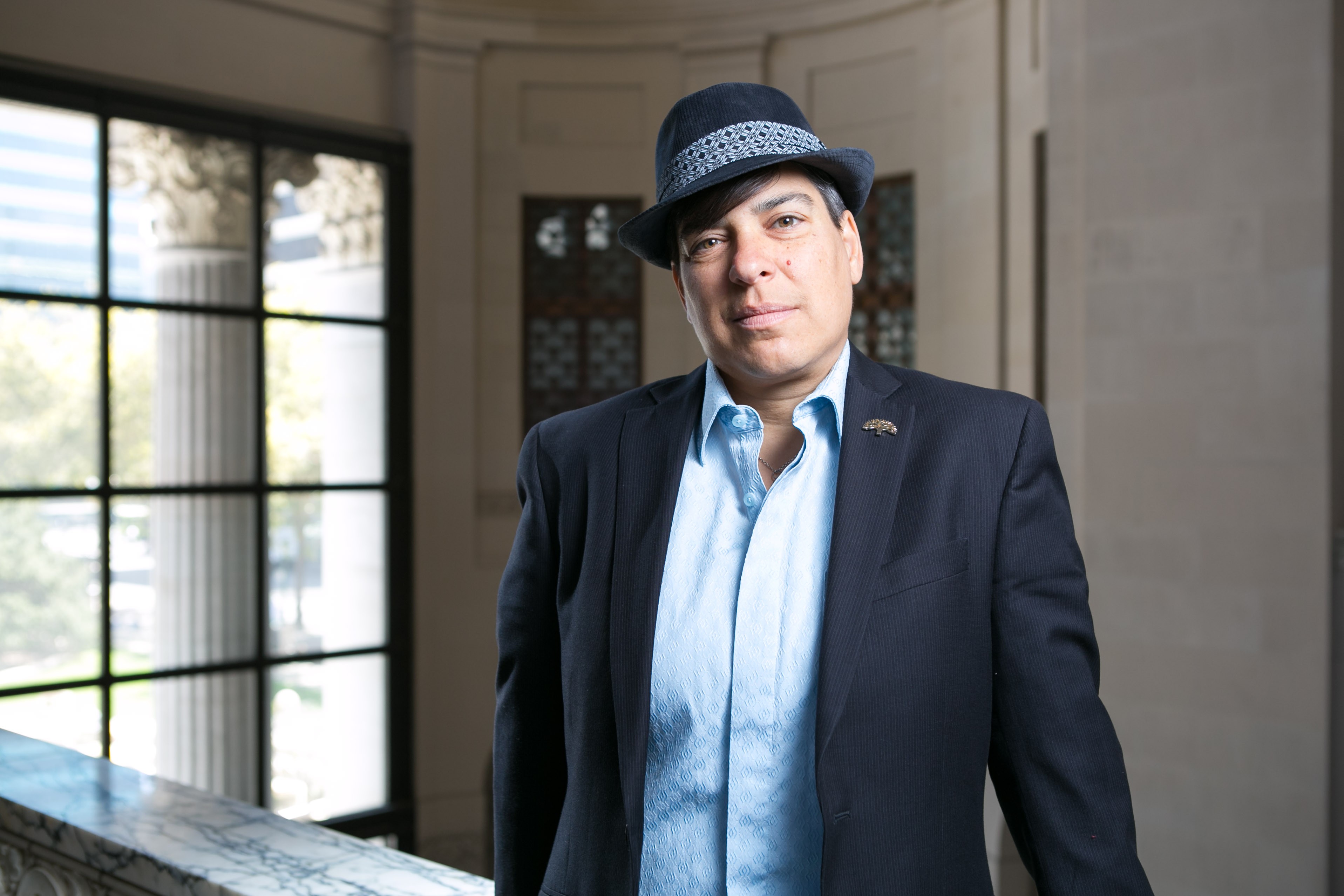
[jump] The MMRSA gives state regulators the right to deny licenses to operate legal cannabis businesses to individuals with felony convictions, including convictions for the cultivation, transportation, and sale of controlled substances like marijuana. Therefore, the same people who were ensnared by the War on Drugs — which disproportionately targeted people of color, who continue to bear the brunt of a racially-biased criminal justice system — are in danger of being excluded from a burgeoning economy.
However, as I detailed in my report, many Oakland city officials don’t agree with that aspect of the statewide regulations and believe that felony drug convictions alone shouldn’t prevent people from obtaining licenses to operate cannabis businesses. And because MMRSA doesn’t take effect until 2018, Oakland has time to set the tone for a more inclusive policy.
In advance of the Oakland City Council’s Public Safety Committee tonight where the city will weigh options to create new categories of licenses for pot businesses (such as delivery services, grow operations, and factories), Councilmember Rebecca Kaplan sent a letter to the California State Legislatures urging them to amend MMRSA so that its language doesn’t encourage discrimination for licensing based on drug felonies.
The letter states:
As you now work on amendments to these regulations, I would like to respectfully request that you include an issue that is of great importance in our community, as well as to justice and equity more broadly — which is to make sure that there is not racial inequality or injustice in excluding people from this growing economic opportunity. Specifically, it is important to remove any impediments for employment for people working to turn their lives around after incarceration.It continues:
As many of us know, and as a former staffer to Richard Nixon recently confirmed, the “war on marijuana” has had both the effect, and the intention of disproportionately targeting people of color, especially African Americans, for disparate treatment including arrest and incarceration.
It is unfair for people to be excluded from economic opportunities for engaging in conduct which is no longer widely considered illegal — under laws which have been disparately enforced.Reached by phone last week, Kaplan said that she wants to see more policies that address the impacts of mass incarceration of people of color and Black people in particular.
Therefore, I urge that the California State Legislature act to:
1) Authorize a system to expunge past arrests and convictions for cannabis-related offenses; and,
2) Remove past convictions as a reason, in itself, to exclude someone from participating in a permitted cannabis business in Medical Marijuana Regulation and Safety Act.
“We have a strong local movement for Ban the Box to ensure that ex-offenders are not denied job opportunities,” Kaplan said, referring to the national movement to remove questions about prior criminal convictions from job applications. “That’s something I’ve worked on and others have worked on. It’s important that ex-offenders not be permanently punished and denied opportunities to apply for jobs. In cannabis, it’s especially outrageous because we know the War on Drugs was created to lock up Black people.”
As the Public Safety Committee prepares to meet to expand Oakland’s cannabis licensing regime, Kaplan said that she is encouraging the city to create pathways for the formerly incarcerated to profit from the burgeoning legal weed economy.
“I’ve been asking that [the new system] should support ex-offenders and local hiring to make sure that benefits of economic opportunity are shared in a way that’s equitable,” said Kaplan.












